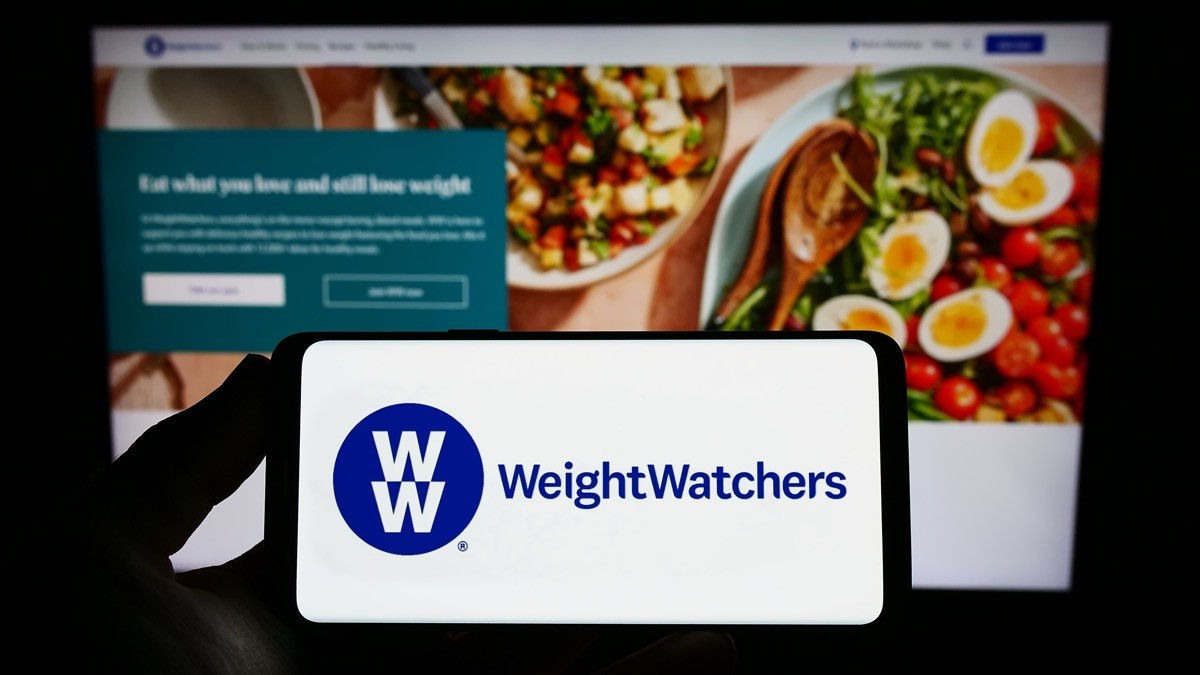The No. 1 Best Diet for Weight Loss, New Report Says

After a busy month of holiday revelry, which—let’s face it—usually involves some overindulgence, plenty of people look to tighten their belts in January (literally and figuratively). If you included weight loss in your New Year’s resolution, you may be looking for the right diet to help get you back on a healthier track. The good news? U.S. News & World Report has just released a cheat sheet to help you find the best plan for your particular needs.
RELATED: This Food Can Trigger a 15% BMI Weight Loss—But You’re Probably Not Eating It.
Using head-to-head comparisons and in-depth analysis from a panel of health experts that includes doctors, dietitians, nutritional epidemiologists, and weight loss researchers, the health team ranked 30 diets to find the top-performing plans across 11 categories. They identified the best overall diets, weight loss diets, diets for managing particular health conditions such as hypertension or diabetes, family-friendly diets, easiest diets to follow, and more.
The outlet emphasizes that if weight loss is your goal, going slow and steady will help you ultimately win the race. Losing one to two pounds of weight per week should keep you on track to maintain long-term progress.
“When it comes to losing weight, the key is finding an approach that feels doable for the long haul,” writes U.S. News. “Quick fixes and crash diets may promise dramatic results, but they’re rarely sustainable—and often leave you right back where you started. Healthy weight loss isn’t just about the number on the scale. It’s about creating habits that make you feel great, keep your energy up and support your overall health.”
So, this year, forget those fad diets—or worse, crash diets—that undermine your health. Instead, consider using WeightWatchers, which claimed the spot for the number one best diet for weight loss.
This Is the No. 1 Diet for Weight Loss

WeightWatchers earned the winning spot on the list as the best diet for weight loss, earning a rating of 4.3 stars. It beat out the Mediterranean diet (3.4 stars), Volumetrics diet (3.8 stars), Mayo Clinic diet (3.4 stars), Noom (3.3 stars), Flexitarian diet (3.1 stars), DASH diet (3.1 stars), Cleveland Clinic diet (3.0 stars) and Ornish diet (3.0 stars).
Shanley Chien, senior editor of Health at U.S. News, says that “what makes WeightWatchers–a household name in the weight loss industry–stand out to receive such a high score in this category is the diet’s specific focus on healthy, sustainable weight loss and weight management.”
The WeightWatchers program centers on three key areas of focus, U.S. News reports: behavior change, nutrition science, and digital support.
Another standout feature of the WeightWatchers program is that it can be tailored to suit the specific needs of members who have been diagnosed with type 1 or type 2 diabetes, as well as those who are taking GLP-1 agonist weight loss medications such as Ozempic, Wegovy, and Mounjaro.
“WeightWatchers helps to translate nutritional science into an accessible plan that’s lower in calories, unhealthy (saturated) fats and added sugars,” Cassie Vanderwall, a registered dietitian nutritionist with the School of Medicine and Public Health at the University of Wisconsin at Madison, said while speaking with U.S. News. “It also offers a strong support network with a coach and fellow group members to provide the necessary social support for change and accountability.”
How does it work?
The system is relatively simple—at least for members: Every food and drink is assigned a point value based on its nutritional content, using key metrics like calories, protein, added sugar, saturated fat, unsaturated fat, and fiber. Members use these points—rather than specific, often confusing nutritional metrics found on food labels—to track their food intake and make healthy meal choices.
Just how effective is it? According to one clinical trial of the WeightWatchers weight-loss program, users lost an average of 9.7 lbs (five percent of body weight) after six months.
Of course, before beginning any new weight loss plan, it’s a good idea to discuss it with your medical team. Speak to your doctor to learn whether WeightWatchers or another weight loss plan might be right for you.
RELATED: 62-Year-Old Woman Loses 106 Pounds By Making These 4 Simple Changes.
The Methodology
The team of panelists at U.S. News & World Report worked with The Harris Poll to design the methodology used in this year’s rankings. Using a system of ranked-choice voting, the panelists were presented with all 30 diets in 25 different combinations of four and were tasked with choosing the most and least recommended diets from each combination.
When considering Best Diets Overall, panelists considered the following criteria:
- Nutritional completeness
- Health risks and benefits
- Long-term sustainability
- Evidence-based effectiveness
“When evaluating diets for weight loss, our panelists consider all the above criteria, however, because they’re looking at weight loss diets, specifically, they also take into account how well each diet facilitates weight loss at a healthy rate (1 to 2 pounds a week) and helps people maintain it for the long term rather than short term (three months or less),” Chien tells Best Life.
In the case of identifying the best weight loss diet, panelists identified each plan’s particular strengths and weaknesses as they pertained to that specific goal. Finally, the panelists shared open-ended responses, which helped highlight the facets of each diet that they particularly liked or disliked.